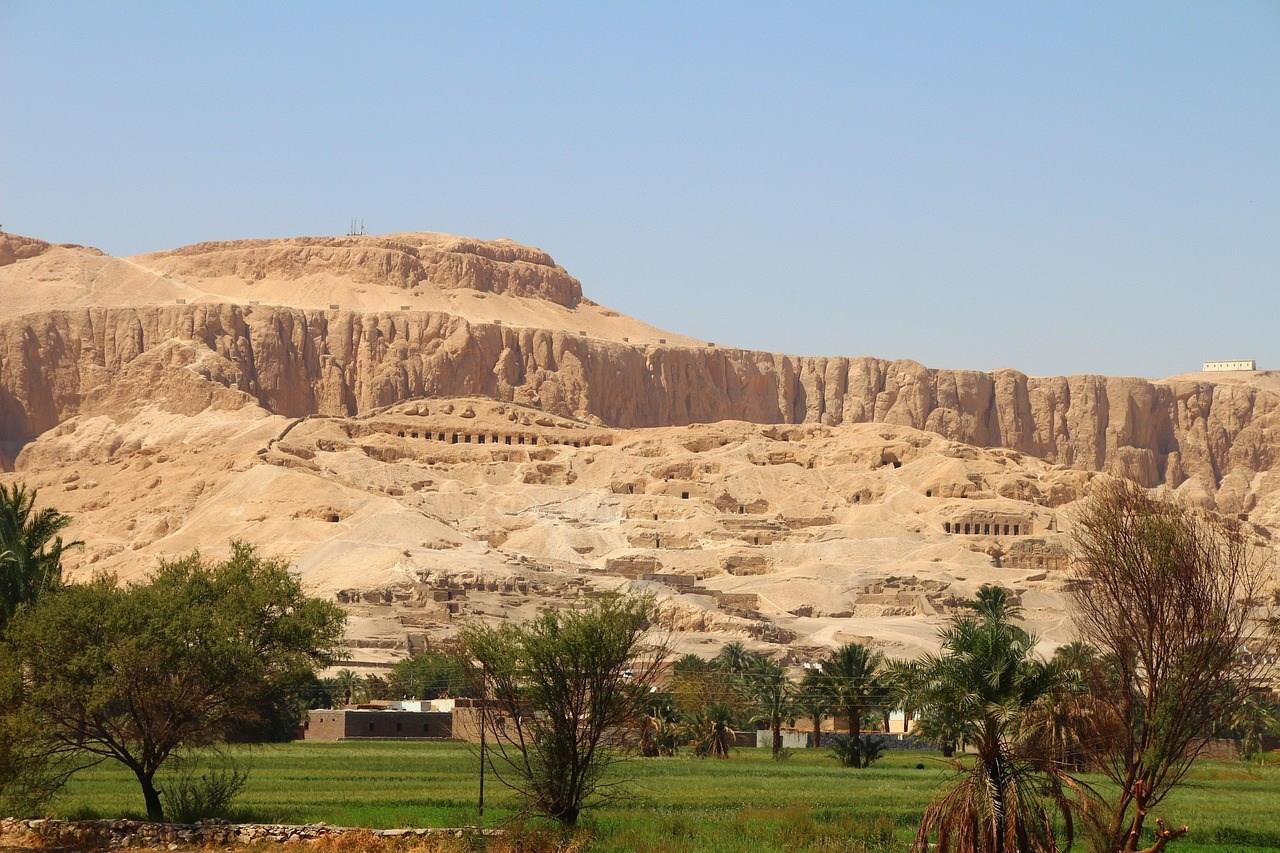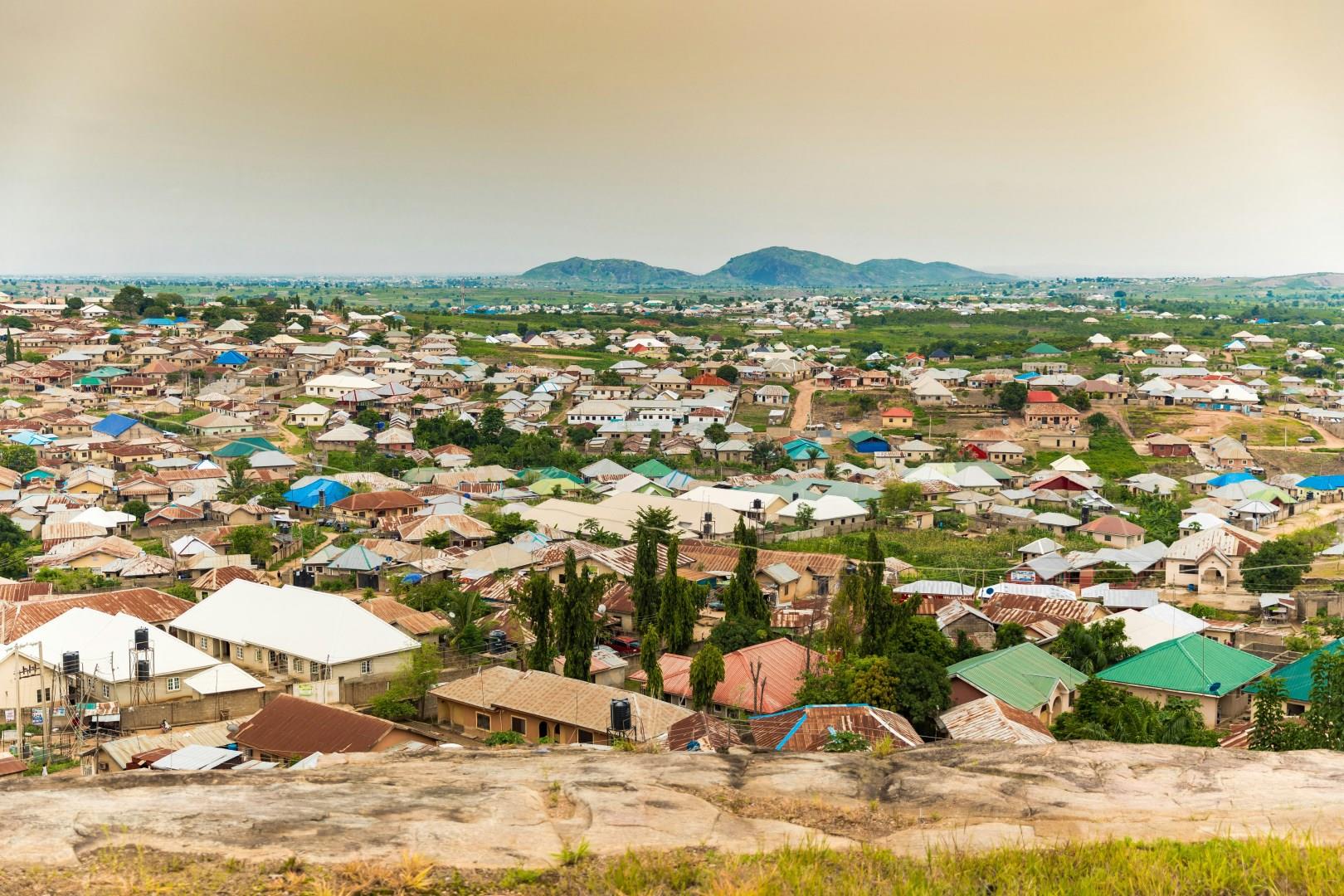

Valley of the Kings and Queens
The Valley of the Kings and the Valley of the Queens, located on the west bank of the Nile near Luxor, Egypt, are two of the world’s most significant archaeological sites. For over 500 years during the New Kingdom (16th–11th centuries BCE), these valleys served as the burial grounds for pharaohs, queens, and high-ranking nobles.

Kos
Kos, an enchanting island in Greece’s Dodecanese archipelago, is a gem steeped in both history and natural beauty. Known as the birthplace of Hippocrates, the father of modern medicine, Kos is home to the ancient Asclepeion, a healing temple where Hippocrates taught his students. Visitors can wander through the well-preserved ruins and enjoy sweeping views over the island and the Aegean Sea.

Mahé
Mahé, the largest island in the Seychelles archipelago, is a tropical paradise bursting with natural beauty and cultural vibrancy. As the gateway to this island nation, Mahé offers visitors a captivating blend of lush landscapes, pristine beaches, and charming local culture. The island's capital, Victoria, is a lively hub where you can explore colorful markets, such as the Sir Selwyn Selwyn-Clarke Market, which is a great place to experience local flavors and pick up unique souvenirs.

Bay of Kotor
Enclosed by mountains, the Bay of Kotor is dotted with historic towns, medieval fortifications, and centuries-old churches, making it a must-visit location for travelers looking to explore a unique coastal landscape.



